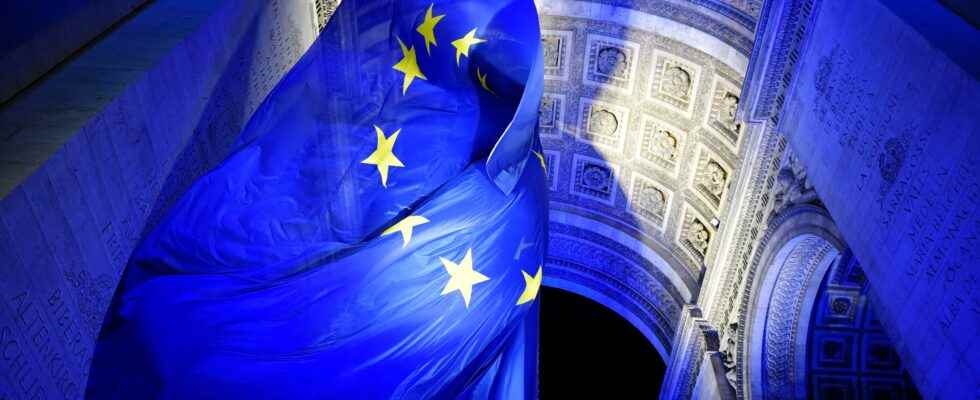Emmanuel Macron is right: no one could have predicted the climate crisis. Moreover, no one could have predicted the crisis in French energy policy either: how could one think that by closing, since 2012, 12 gigawatts of controllable electricity production capacity necessary to cope with peaks in electricity consumption, should France rely on imports to meet demand? How could one imagine that by dint of non-decisions, late decisions and bad decisions on its nuclear fleet, France was going, in the years to come, to have to face several years of turmoil to meet its electricity needs? ? How was it possible to predict that, in a low-carbon transition that means more electricity in final energy consumption – more electric vehicles, more heat pumps – more electricity had to be produced?
And, after the end of regulated sales tariffs for small businesses, who could have imagined that it was necessary to launch an information campaign aimed at craftsmen and small businesses when this major legal change took place at a time when the prices of electricity were weak, not allowing them to take the measure of the changes to come? Finally, you had to be at least the Pythia of Delphi to guess that, faced with this situation, the entire French political spectrum was going, as one man, to point out the culprit: the market and its well-known accomplice, Brussels!
The perfect culprit
Dear reader, rest assured: as we are only in mid-January of this promising year 2023, there is no question of giving in to weariness in front of what could, if we were a little pessimistic, resemble, , to discard postures or to an acute syndrome of parrotism (“it’s the fault of the market”)! Because the poison represented by the high prices of energy in general and electricity in particular for bakers, restaurateurs, small businesses and beyond, the whole economic fabric poses an eminently political question, an urgent question: what to do ?
Attacking the market and Brussels is attractive in that it gives the illusion of national unity. But whoever has read René Girard and his theory of the scapegoat knows just as well that choosing a scapegoat, in this case the market and its avatar, Brussels, certainly helps to unite the group against a supposed enemy… but also to avoid face its taboos. However, it is high time to break the taboos that rot the French energy debate.
Improving the market, not suppressing it
It is easy for critics of the markets to omit that the latter were designed to serve the short term and operate in a normal context, which they have done to the satisfaction of the majority since the completion of liberalization and until to the current crisis. Admittedly, in France in particular, criticism has always been stronger than elsewhere on this model, and often rightly so. But let’s be clear: that France failed to liberalize its electricity markets is something that has nothing to do with the quality of the design of said markets in Europe. Especially since it owes largely, let us remember, to Marcel Boiteux, one of the greatest electricity economists… French, who, as early as 1949, theorized the pricing of electricity at marginal cost! And, while it is tempting to seize on the current crisis to put the market on trial, it is much more useful to work on improving its shortcomings, in particular by adding to it the consideration of the long term and the security of supply.
Attributing to the market alone the under-investment in the means of production, in particular controllable, for ten to fifteen years leads to diminishing the responsibility for the multiple political interventions, in Brussels as in the European capitals, on the energy scene. Put the markets on trial, be it! But, as European elections are held in 2024, let’s start with the politicians who considered that the security of supply and the production of domestic energy were matters of the past. Brussels astigmatism, German blindness, French myopia: it is high time to put on good glasses to avoid sending enemies of Europe to sit in the European Parliament, ideologues who understand nothing about geopolitics or supporters of double talk depending on whether they are in Paris or Brussels.
